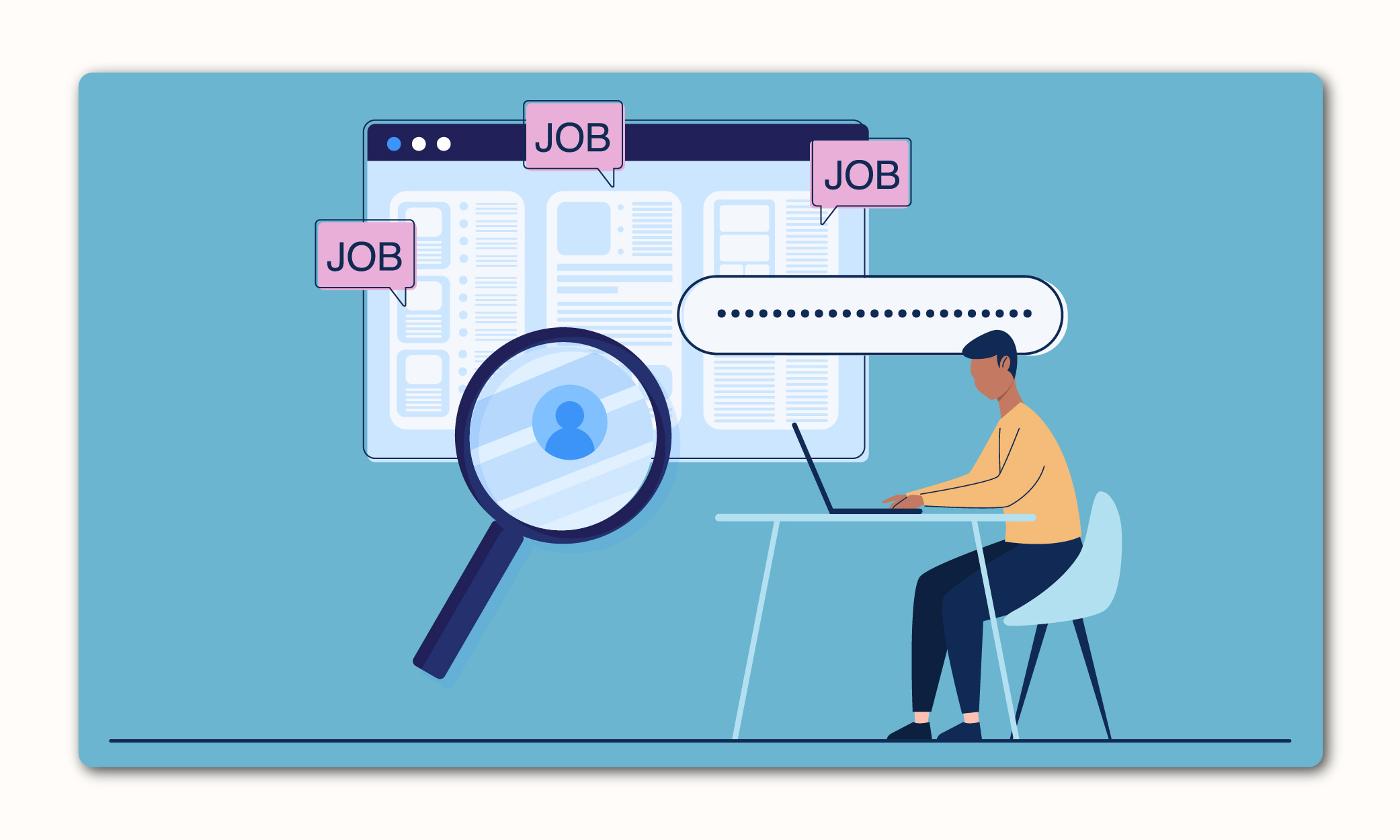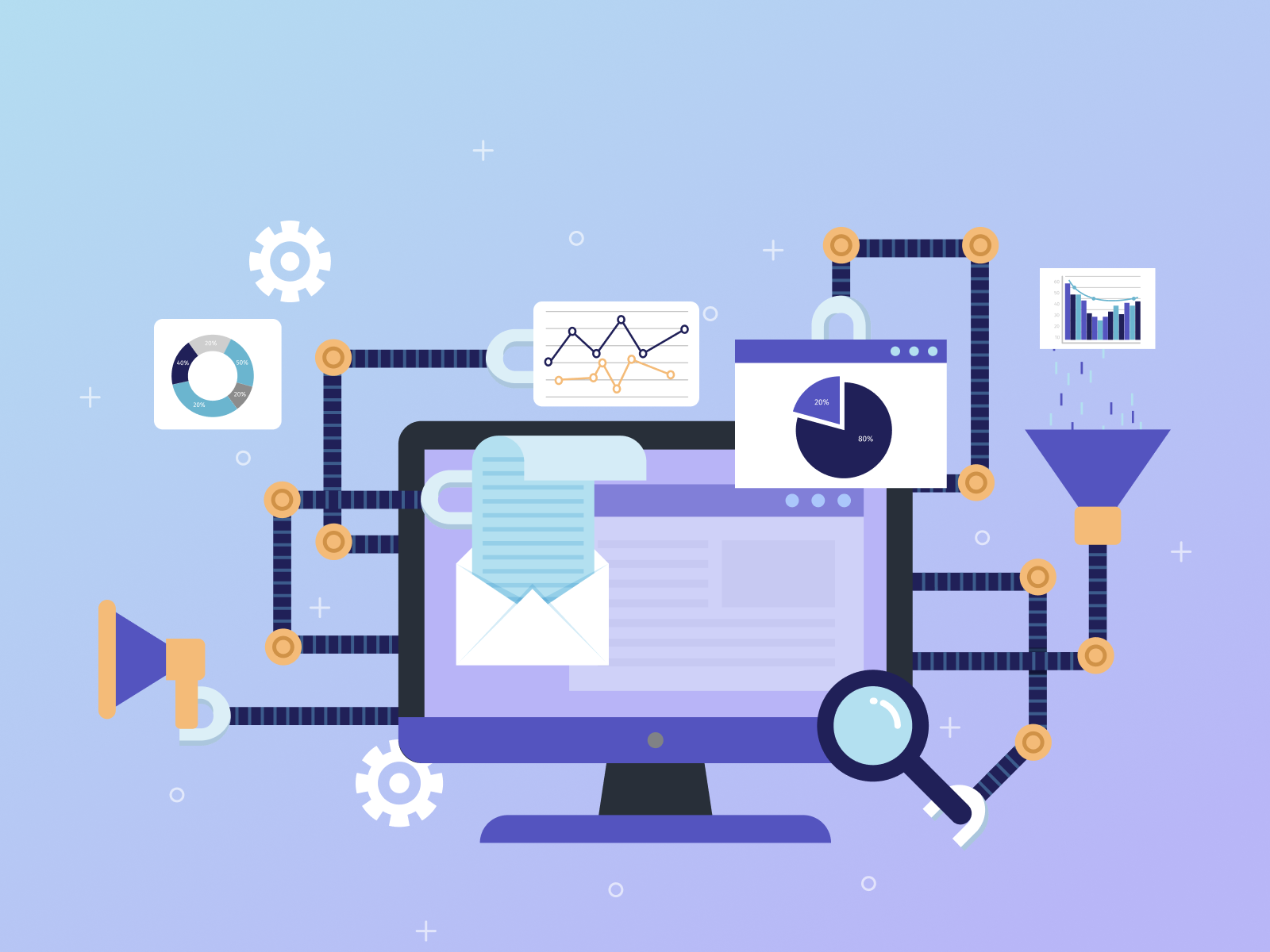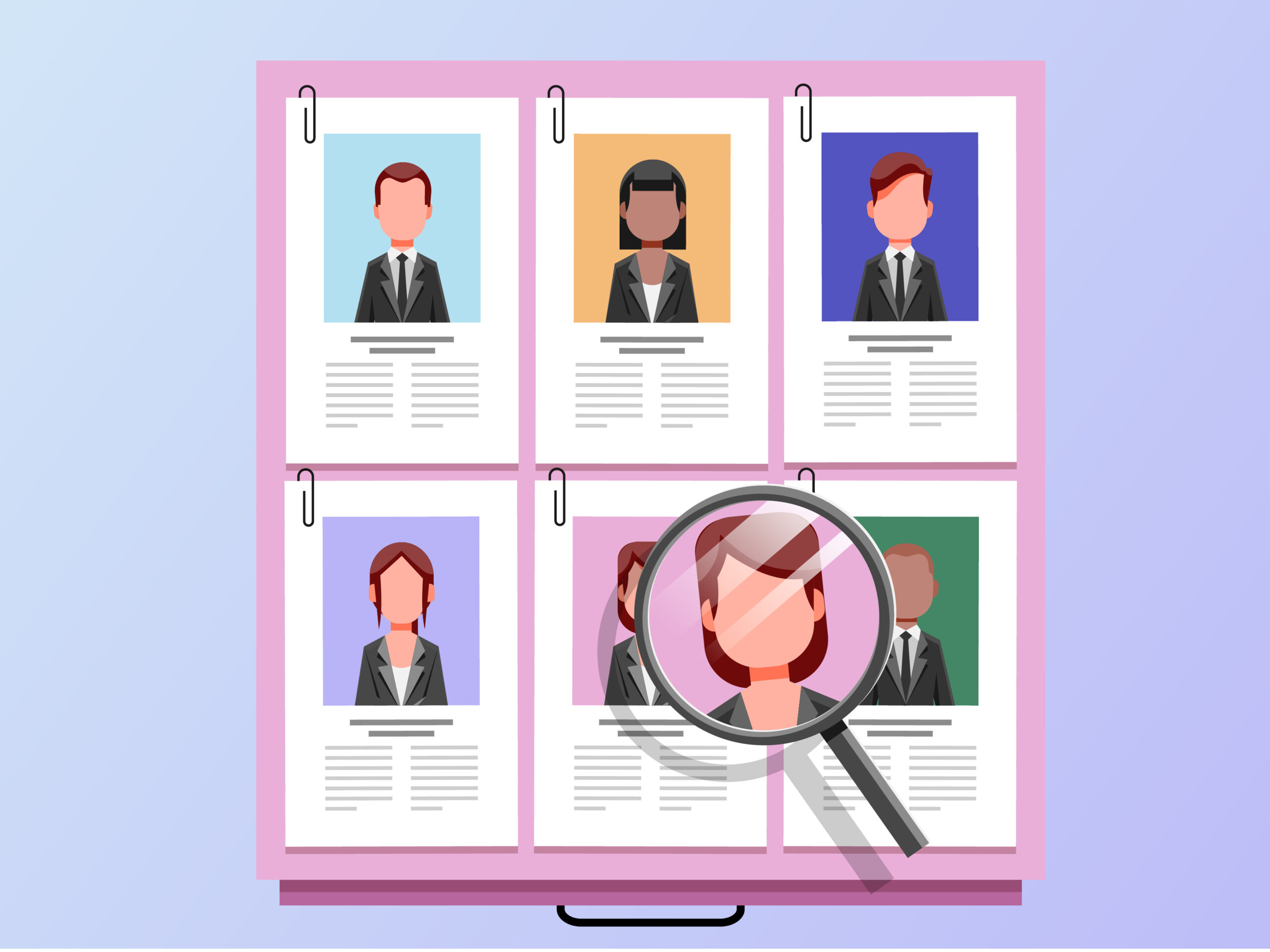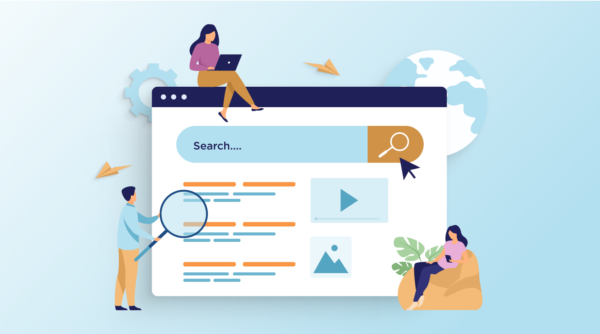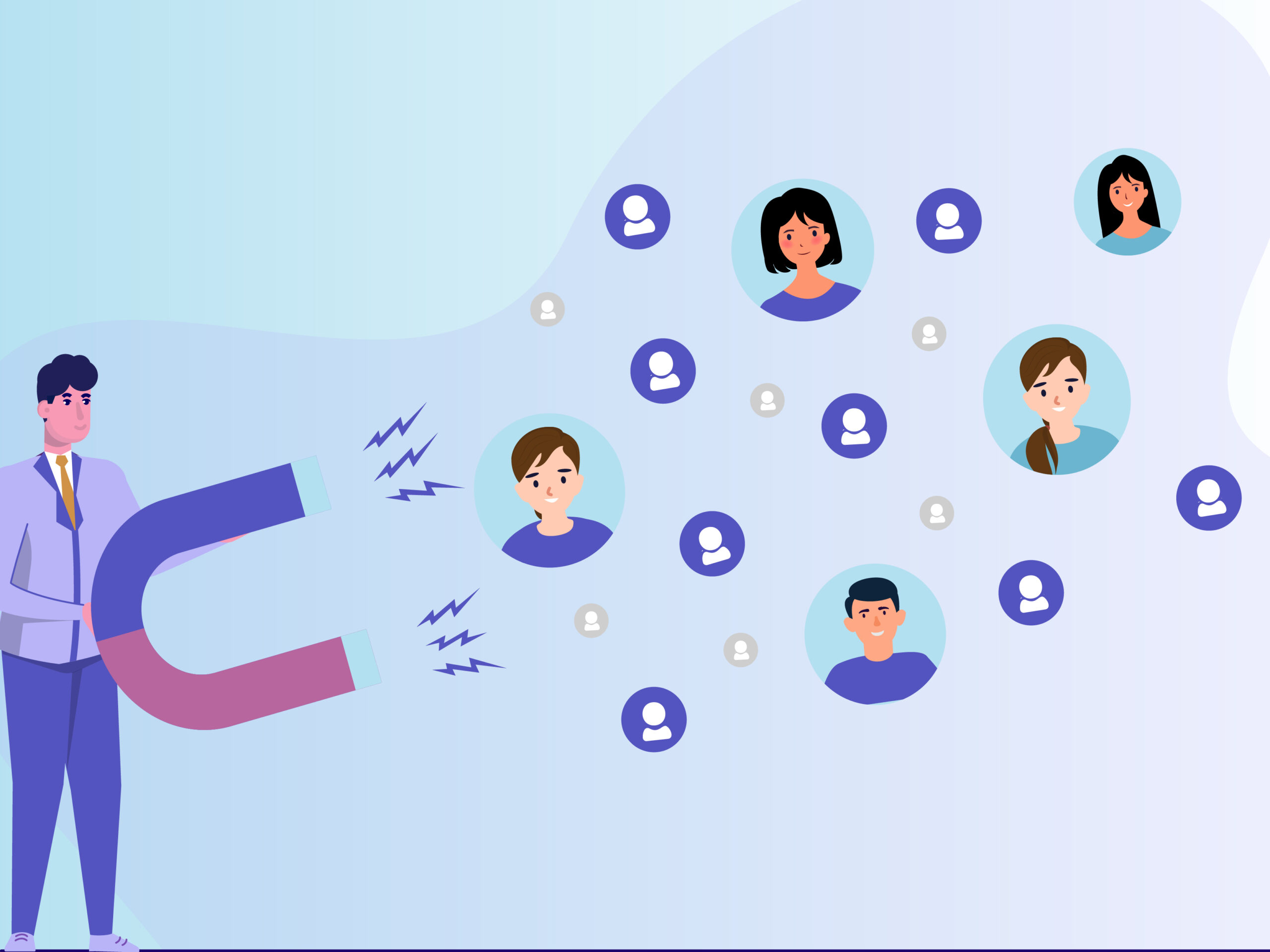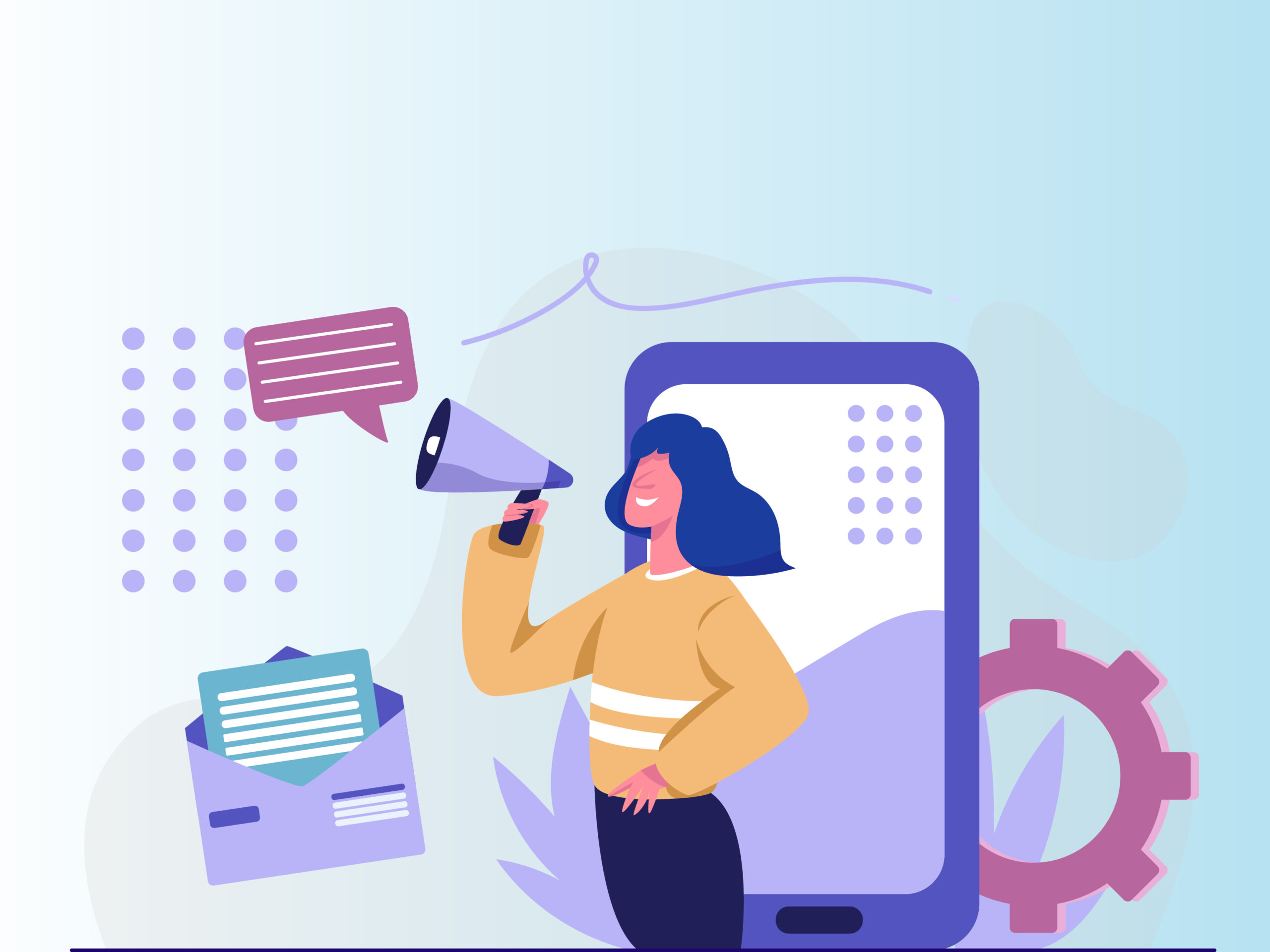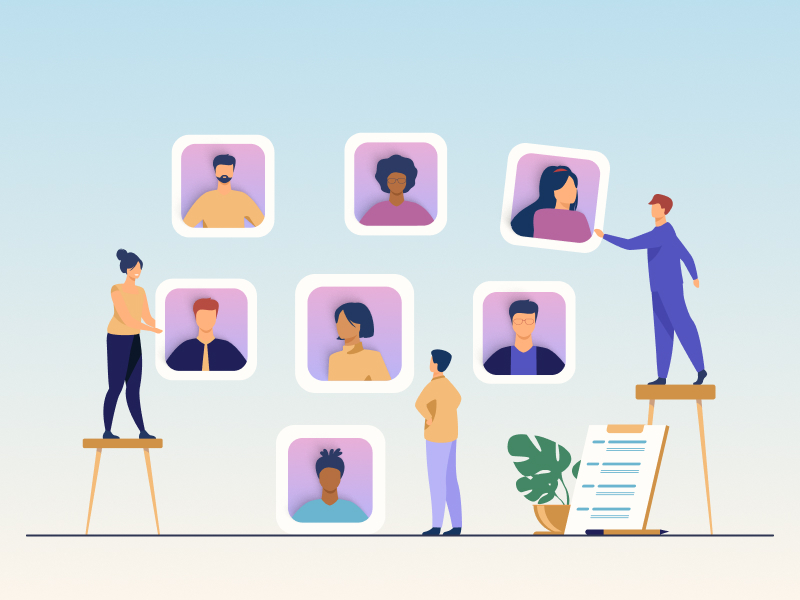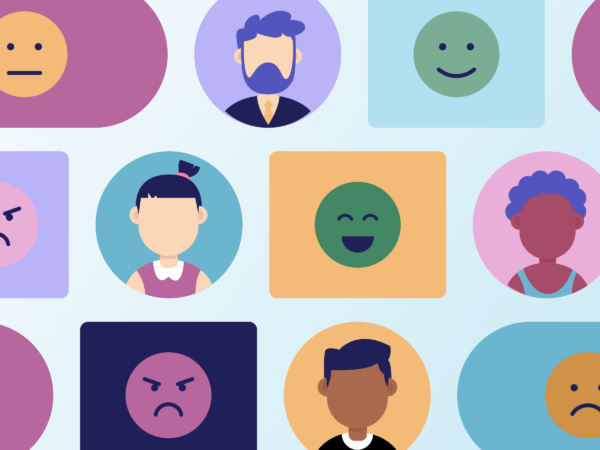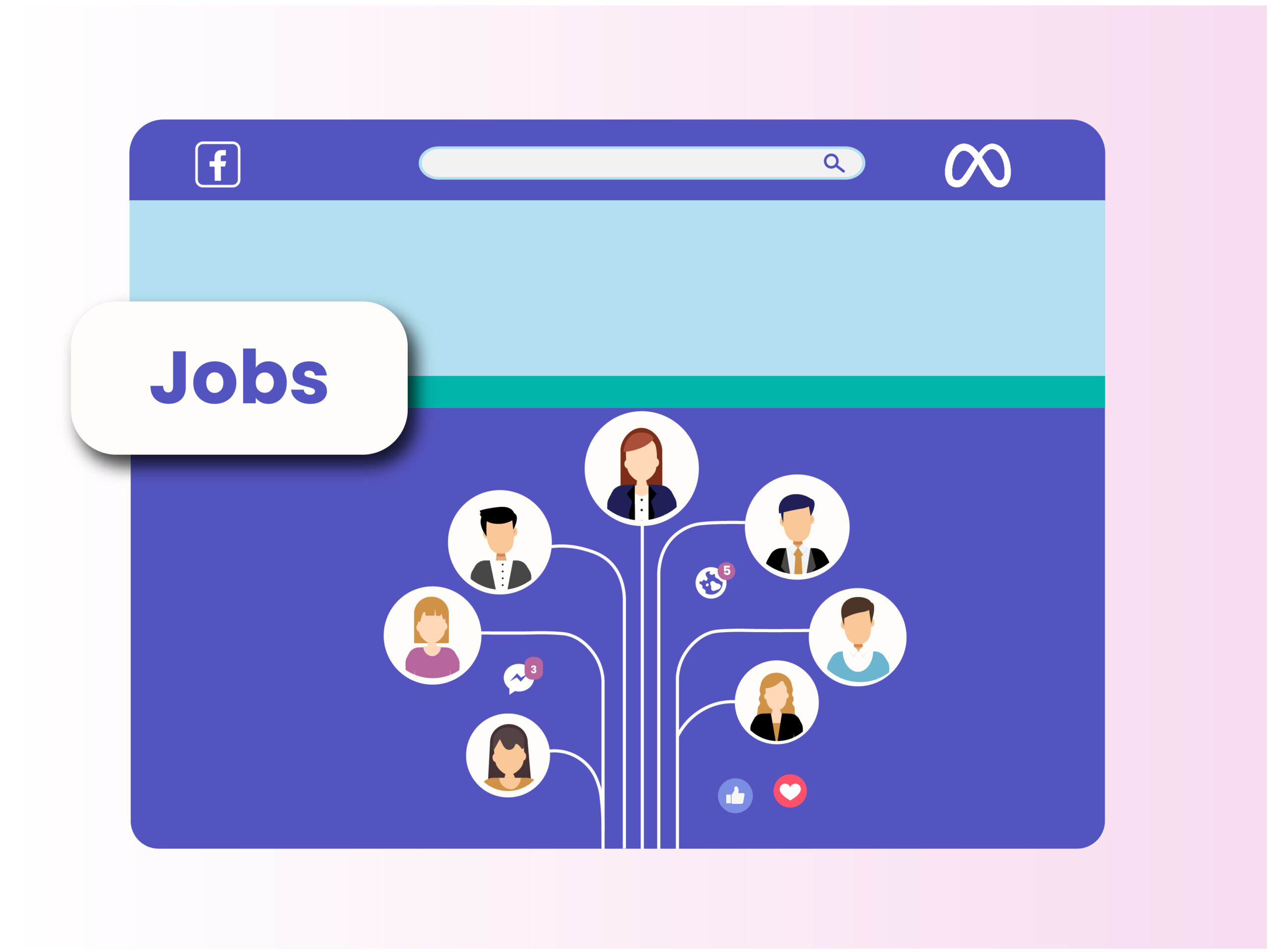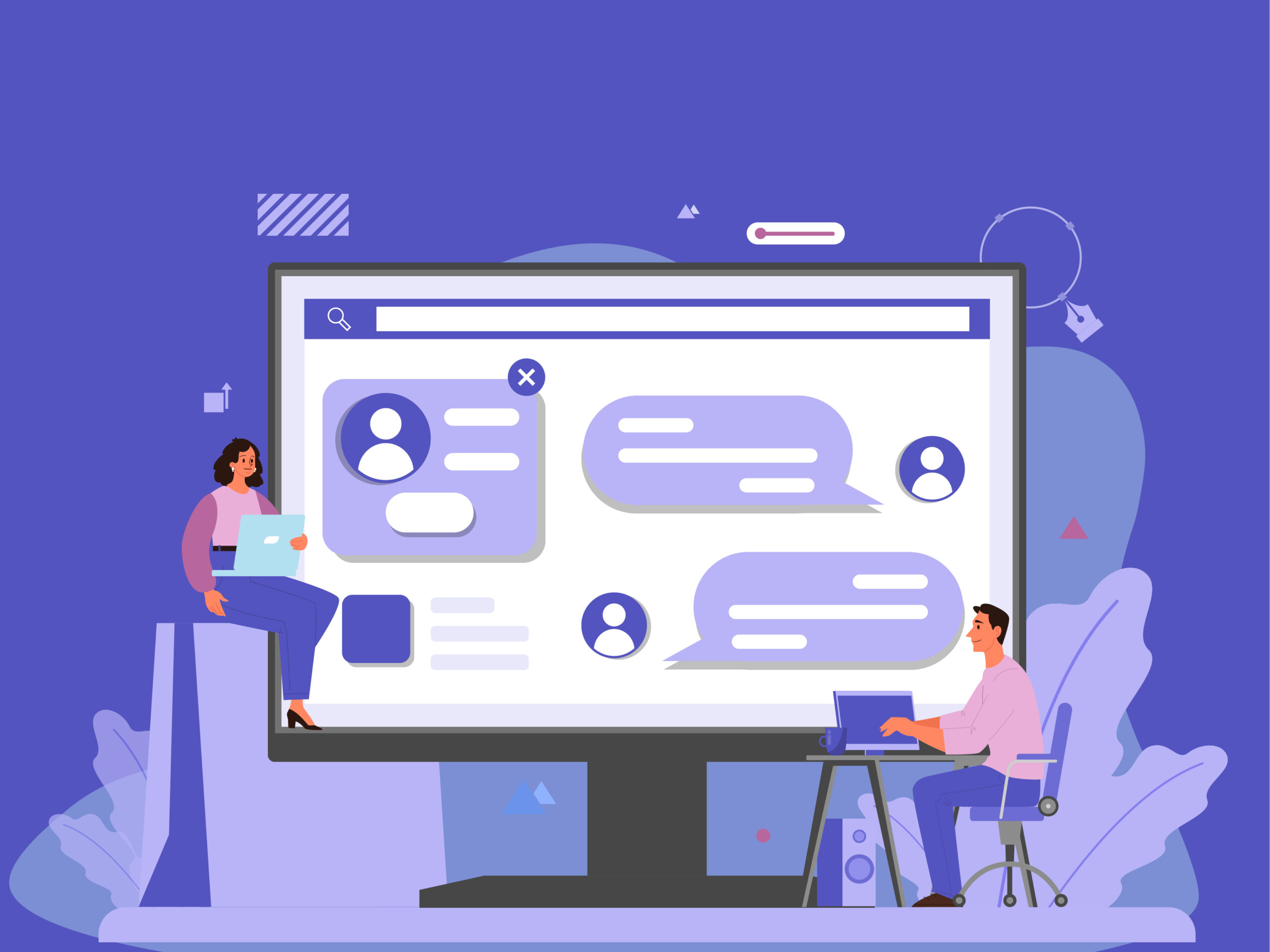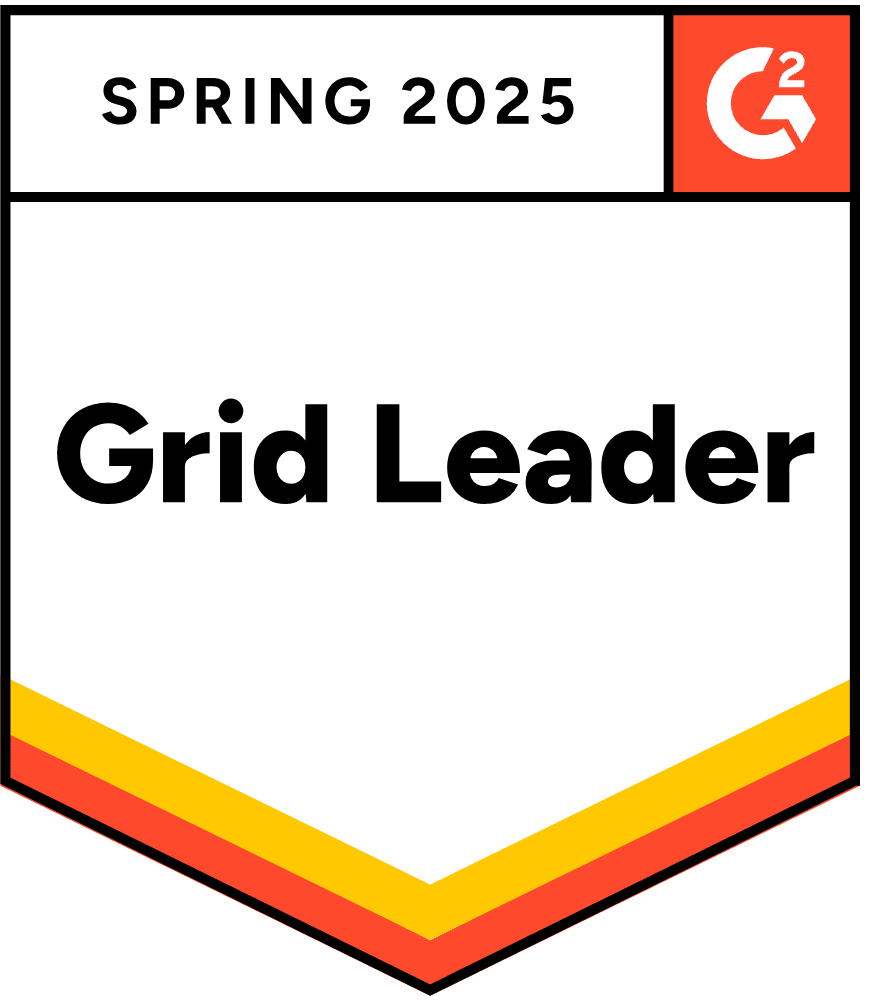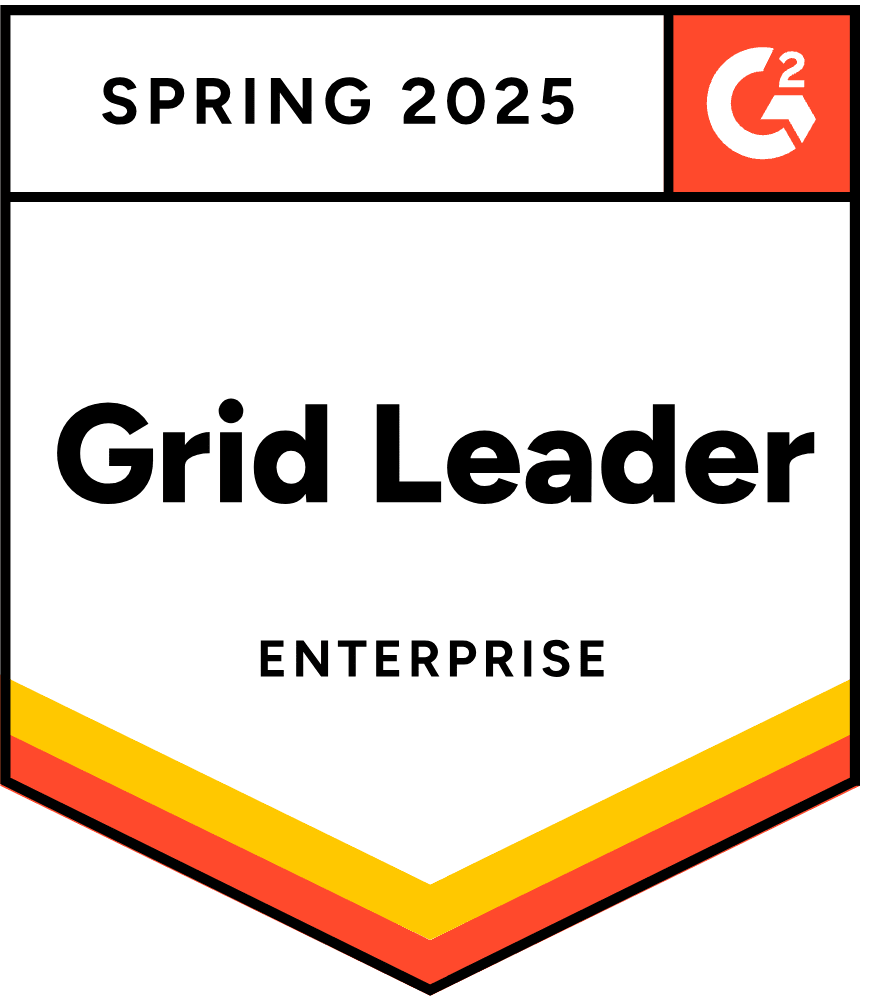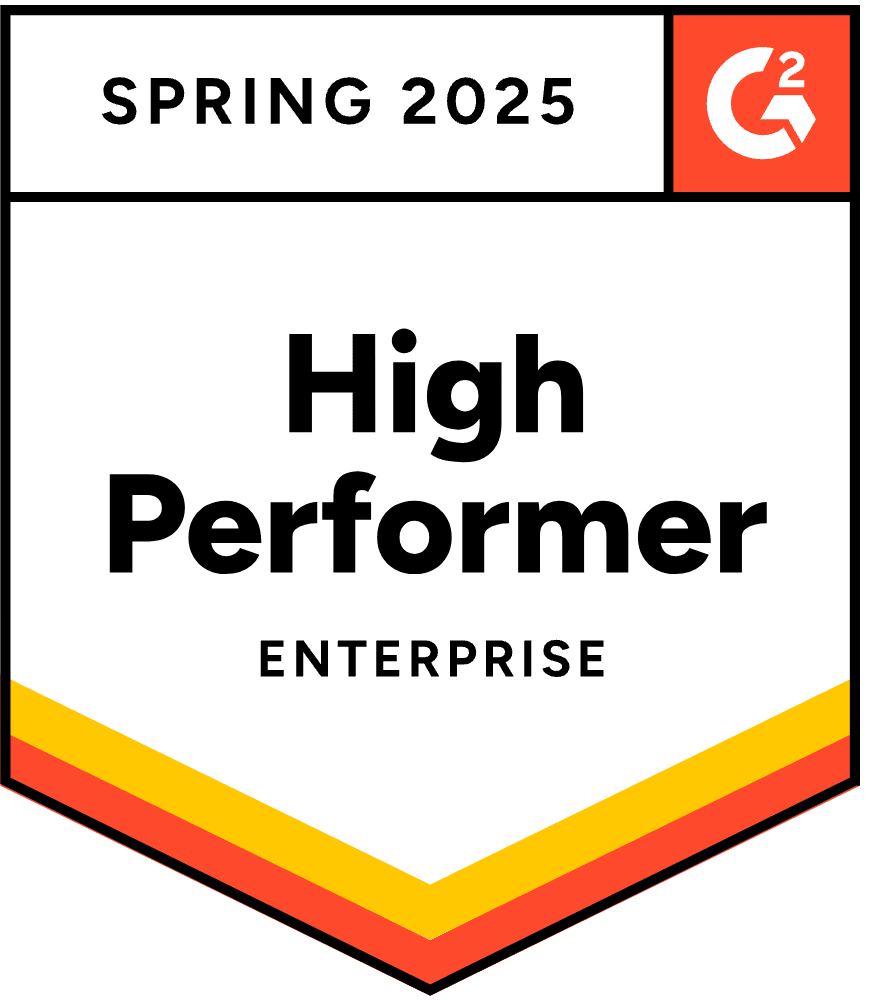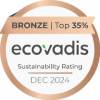What Is AI in Recruiting?
AI in recruiting refers to the use of artificial intelligence (AI) in the end-to-end hiring process. It includes the use of AI-based tools that help recruiters hire faster, smarter, and with less bias.
The goal of using AI in recruiting is to streamline and automate parts of the recruitment workflow. That means recruiters can work more efficiently, spending less time on mundane tasks and more time on relationship building. AI is used in every stage of recruitment, from sourcing and screening candidates, to analyzing resumes and job applications, conducting assessments, and predicting candidate success and cultural fit. Overall, using AI in recruiting saves time, improves candidate matches, reduces bias, and enables data-driven decisions, revolutionizing the hiring landscape.
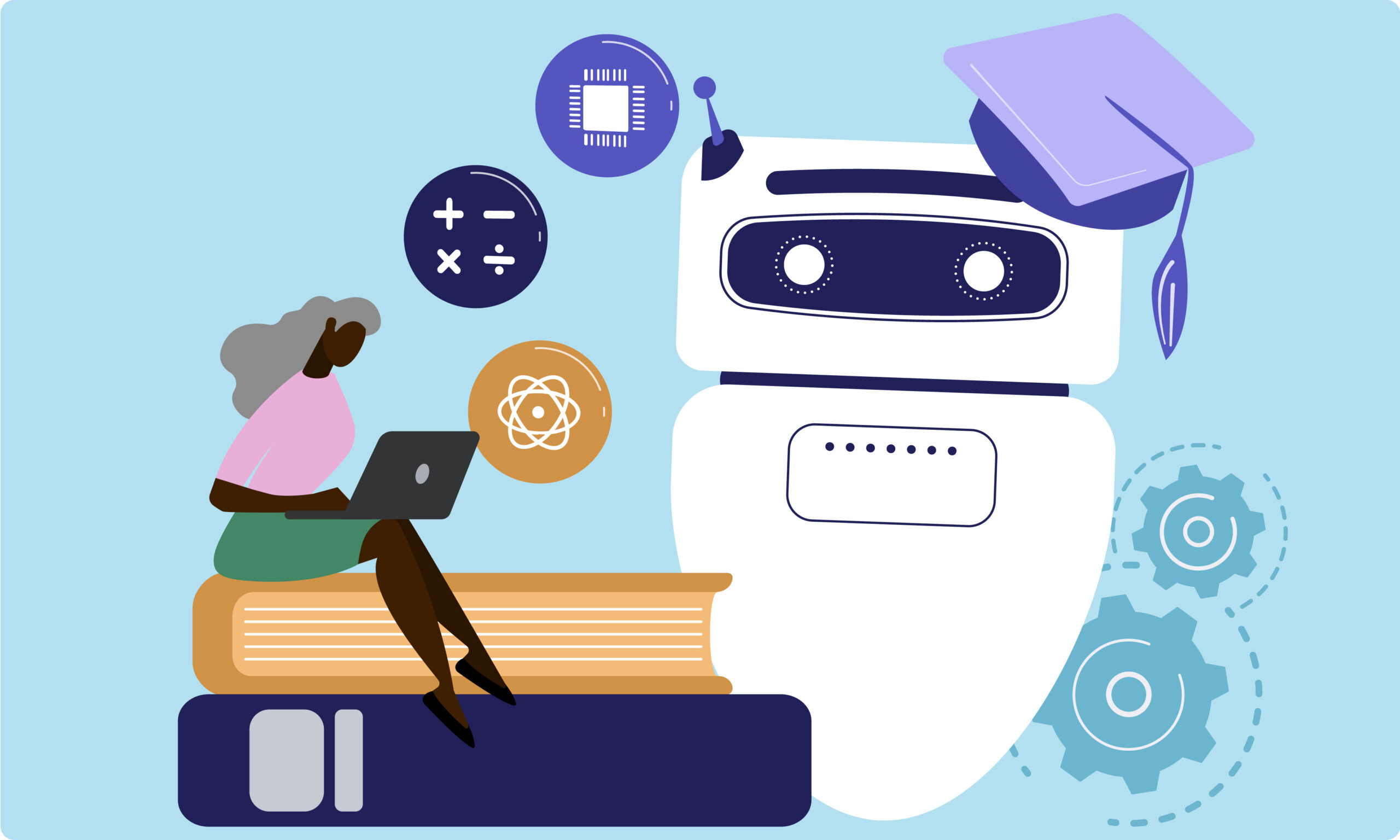
Current State of AI in Recruiting
Artificial intelligence has made a splash in the recruitment landscape, with many talent teams utilizing various AI tools to enhance their hiring processes. According to Jennifer Shappley, VP of Talent at LinkedIn, the recruiting industry has been an early adopter of the tech, leveraging chatbots and other tools to improve candidate experiences and streamline recruitment processes.
In fact, a survey found that 35%-45% of companies already use some form of AI in their recruitment journey and the market size for AI recruitment is projected to grow at a compound annual growth rate (CAGR) of 6.9% between 2023 and 2030.
The use of AI in recruitment is evolving with numerous organizations embracing AI-powered tools to gain a competitive edge in the war for talent. AI has transitioned from a theoretical concept to a pivotal force shaping the future of the industry, instilling confidence in the power of AI for talent acquisition (TA) teams around the globe.
What Are the Benefits of Using AI in Your Recruitment Process?
If you are on the fence about deploying AI-based tools, read on to discover the multiple advantages of hopping on the AI bandwagon.
- Quick hiring: Inefficient recruiting processes can mean losing top candidates to the competition. The more time-consuming your hiring process, the more offers you’ll compete with, making it harder to secure great-fit talent. Using AI in recruiting addresses these challenges by speeding up the process without compromising quality. For example, implementing AI-based candidate sourcing and screening tools can significantly reduce the time to identify and qualify candidates for open positions. Chatbots can also save time by updating candidates on their status and collecting necessary information or documents.
- Enhanced efficiency: By leveraging AI in your recruitment process, you can automate time-consuming tasks that keep teams from building relationships and spend more time focusing on top candidates, resulting in a more efficient and effective recruitment process.
- Accurate matching of candidate qualifications: With AI, you can match candidates’ qualifications more accurately. This means no more sifting through piles of resumes that don’t quite fit the bill. AI can quickly analyze resumes and applications to find the best matches for your job openings, saving you time and ensuring you find the right candidates faster. For example, when hiring a content writer, AI can quickly analyze resumes and applications to identify candidates with relevant experience in writing, editing, and content strategy.
- Improved engagement: By personalizing interactions and providing a seamless experience, AI helps candidates feel valued and excited about joining your team. This positive experience carries over into their roles, boosting engagement and retention. When employees feel connected and supported from the start, they’re more likely to be engaged, productive, and committed to your organization.
- Reduction in bias: Removing bias from the hiring process is challenging, but AI is a great starting point. You can use AI-powered tools to screen candidates objectively, focusing solely on qualifications. Artificial intelligence can also help identify and remove biased language from job descriptions, ensuring fairer treatment for applicants. This not only improves your hiring decisions but also fosters a more inclusive workplace.
- Personalization: From personalized job recommendations based on candidate profiles to tailored communication throughout the hiring process, AI ensures a more engaging and effective recruitment journey. Additionally, it can personalize onboarding processes, ensuring new hires feel valued and supported from day one.
How Can AI Be Used in Different Stages of Recruitment?
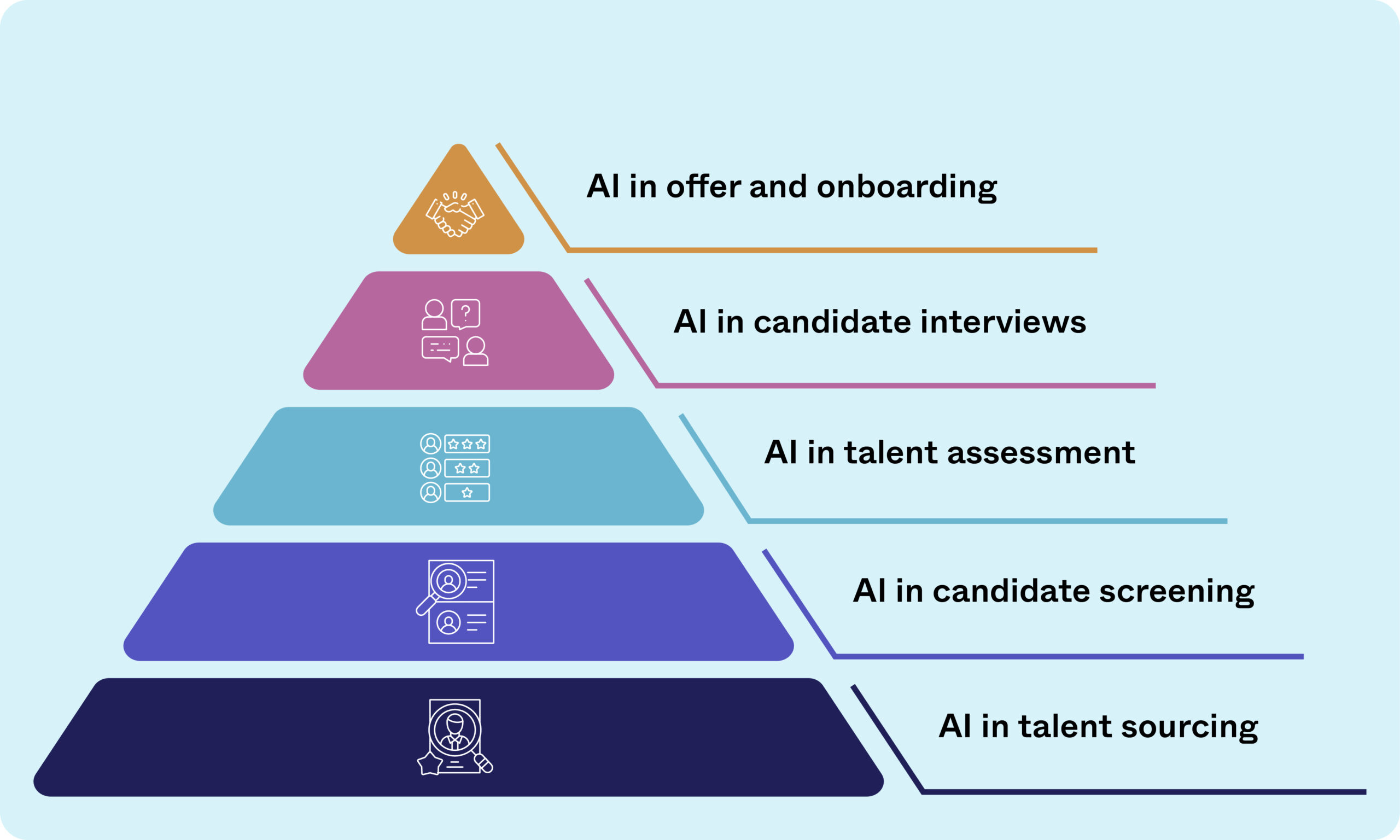
AI in talent sourcing
Automated job posting and distribution: AI streamlines the process of posting job openings across various platforms by automating distribution to relevant job boards, social media platforms, and professional networks. This way, job opportunities reach a wider and more targeted audience, increasing the chances of attracting qualified candidates. Moreover, AI-driven platforms can tailor job recommendations to candidates based on their skills, preferences, and career aspirations, creating a more customized and relevant experience. This personalized approach enhances candidate engagement, improves brand perception, and fosters long-term relationships.
Removing bias in job descriptions: AI can assist in identifying and mitigating potential biases in job descriptions, ensuring they are inclusive and appealing to a diverse pool of candidates. Moreover, AI-powered recruitment processes are effective in reducing unconscious biases during candidate screening and selection, promoting fair and equitable hiring practices.
AI-powered career sites and landing pages: AI can optimize career websites and landing pages by analyzing user behavior and preferences. This enables companies to create a user-friendly and personalized experience for candidates, showcasing relevant job opportunities based on their interests and skills. This means that job opportunities are specifically matched to the candidates’ interests and skills.
Personalized candidate outreach: AI enables personalized outreach to candidates at scale. By analyzing data from various sources, AI helps recruiters craft tailored messages that resonate with candidates’ interests. This approach improves response and conversion rates, leading to faster and more successful hires. It even enhances the candidate experience by making them feel valued.
Discover how data, insights, and the ability to engage with candidates at scale can be your secret sauce to streamline the talent sourcing process.
Move Your Talent Sourcing From Chaotic to Strategic!
AI in candidate screening
AI-based resume screening and matching: Traditional resume screening can be time consuming and subject to human bias. AI-powered systems can analyze resumes, identify key skills, and match candidates to job requirements, significantly reducing the time and effort recruiters spend on the initial screening process. This leads to a more efficient and unbiased candidate shortlisting.
Social media screening: With the help of AI, you can analyze candidates’ social media profiles and assess their suitability for a role. AI can also scan for keywords related to skills or relevant experiences, helping you identify potential candidates. It can also analyze patterns in candidates’ social media behavior to determine their cultural fit within an organization.
AI in talent assessment
Gamification and AI-driven assessments: Gamification techniques, combined with AI-driven assessments, can provide a more interactive and engaging candidate experience during the application process. These assessments can gauge candidates’ skills and cultural fit, helping recruiters identify top talent efficiently. And, they contribute to a more enjoyable application process for candidates!
Behavioral assessments: Gaining insights into candidates’ personality traits and work styles is an important step while assessing their suitability for a role. And AI is here to help. It can evaluate video interviews or written responses to assess traits related to teamwork, problem-solving, and leadership. This feature helps recruiters gain a deeper understanding of candidates’ overall personality, leading to more informed hiring decisions.
AI in candidate interviews
AI-powered interview scheduling: Manual interview scheduling is time-consuming and prone to errors due to the continuous back and forth between multiple parties. AI eliminates this hassle by analyzing calendars and availability to find suitable time slots for both candidates and interviewers.
Interview transcription and analysis: Reviewing interviews later helps recruiters assess candidate responses and qualifications accurately. AI tools can transcribe interviews efficiently, ensuring recruiters have a detailed record of each interaction. This transcription can then be analyzed to identify key insights, ensuring that hiring decisions are based on comprehensive and objective information.
AI in generating offer letters and onboarding
Generating personalized offer letters: An offer letter marks the start of a long-term journey for both the candidate and the organization. Therefore, ensuring it is personalized is crucial. Using AI can help tailor offer letters to each candidate’s unique skills and experiences, demonstrating that their value is recognized from the very beginning. This will ensure great candidate experience and a great start for everyone involved.
Providing new hires with personalized training materials: The first few weeks and months for a new employee are all about getting to know the organization, the team, and the work. AI can help employees settle quickly and easily by providing them with personalized training materials, specific to their new roles. By analyzing the new hire’s skills, background, and role requirements, AI can recommend or create training materials that are relevant and effective. This personalized approach can enhance the onboarding experience and accelerate their ability to contribute effectively to the organization.
What Are the Challenges of Applying AI in the Recruitment Process?
- Bias in AI algorithms: AI makes predictions by analyzing large amounts of data, but if the data it’s trained on is biased, it can perpetuate those biases. The results are only as good as the data. To avoid this, it’s important to regularly audit and update AI algorithms. Using diverse training data can help ensure fair representation. You can also invest in engaging technology developed by diverse teams of developers for more unbiased AI solutions.
- Candidate privacy concerns: Using AI to collect and analyze data can raise concerns about candidate privacy. Users may be unsure about how their data is stored or shared, leading to privacy issues. In some countries, AI tools like ChatGPT have been banned due to these concerns. So it’s important to be transparent about data usage, obtain consent from candidates, and comply with the relevant data protection regulations.
- Less personalized experience: AI hindering personalization sounds a bit counterintuitive but excessive use of automated messages can be frustrating for users. In this case, it becomes important to maintain a balance between technology and human interaction. You can use chatbots and automated messages for communication but do not forget to be available as a human recruiter when the need arises.
- Over-reliance on technology: Similar to our last point, with AI tools available from sourcing to screening and onboarding, over-reliance may happen unintentionally. Remember no tool can replace your critical thinking skills and the output of team collaboration. Do not skip the human part from recruitment as you are the best judge to bring suitable candidates into the organization.
- Lack of technical skills: Limited technical skills within the team can affect effective implementation of AI tools. Therefore, it becomes important for all team members to be on the same page. Be sure to provide training and upskilling opportunities for your team to enhance their technical capabilities. Collaborate with experts or seek external training resources to bridge the skills gap.
- Cost and implementation: The initial investment of both time and money can be daunting. This is even more true when AI is seen as a luxury – not a necessity – within the team or organization.
To avoid this situation invest in small and cost-efficient AI tools and build trust in this new tech before spending big.
How to Ensure the Ethical Use of AI in Recruiting
Using AI in recruiting can be really helpful, but it also brings up important ethical questions. Here are a few things to keep in mind to make sure you’re using AI ethically.
- AI learns from the data it’s given and if that data is biased, the AI might make biased decisions. So, it’s important to be careful about the data you use with your AI-based recruiting tools. It’s also a best practice to manually review the algorithms periodically to assess potential biases within the AI.
- When choosing a vendor, look for ones that are transparent about how their AI works and regularly check and update their algorithms. It’s important to use AI tools responsibly and not rely on the vendor completely. Always double-check their work for accuracy and fairness.
- Lastly, remember that AI is a tool to assist human decision-making, not replace it. So, make sure to keep a human touch in your recruiting process and use AI as a helpful assistant, not the sole decision-maker.
From vision and objectives, to understanding underrepresented job seekers, and designing an inclusive approach to hiring, we’ve got you covered.
Looking To Up Your DE&I Game?
How to Integrate AI Tools Into Your Current HR Tech Stack
Everything seems difficult until you start executing. When it comes to adopting AI in your recruitment workflow, it’s better to start with a plan with detailed steps to avoid hiccups during the process.
- Have well-defined goals: Do not randomly adopt tools that influencers in your industry are endorsing. The first step should be identifying relevant use cases in your own workflow and choosing tools that can really help.
- Choose trusted AI vendors: The growing popularity of AI has contributed to a lot of rising stars, meaning there are a lot of vendors out there. As discussed in the previous section, do proper research, check all important parameters before zeroing down to the final choice.
- Prioritize data quality: Make sure yourAI vendors are transparent about the data they use to develop their algorithms. Evaluate whether their datasets are diverse and if the results are influenced by any biases. Pay equal attention to the data being accurate and sourced from reliable sources.
- Define guardrails for the ethical use of AI: With the vast capabilities of AI, it becomes imperative to set certain rules to use it responsibly. For example,IBM’s point of view on AI ethics is based on five pillars – explainability, fairness, robustness, transparency, and privacy. Similarly, ensure your organization uses AI ethically. Start by choosing reliable vendors, protecting privacy, getting informed consent, preventing misinformation, and monitoring content for accuracy.
- Provide training to your team: Start off by educating your team on the basics of AI and how it can enhance their current processes. Next, offer hands-on training sessions and provide access to resources that can help them understand and use shortlisted AI tools effectively.
- Conduct feedback sessions: Regularly gather feedback from your team on their experience with the AI tools. This will help you monitor adoption, measure success and identify any challenges they are facing and make necessary adjustments to ensure smooth integration. Encourage open communication and provide support to address any concerns or issues that your team might be facing.
What Is the Future of AI in Recruitment?
As we look to the future, AI will be absolutely pivotal in shaping the success of businesses worldwide. Given the competitive nature of the job market and the ever-evolving landscape of technology, it is imperative that organizations fully embrace AI in their recruitment strategies.
Here’s why AI is crucial for the future of recruitment:
- Efficiency and accuracy: AI-driven automation not only expedites the process but also significantly reduces the likelihood of human errors. This results in efficient and accurate candidate assessments, ensuring the best-fit candidates for each job.
- Candidate experience and engagement: Artificial intelligence can personalize interactions with candidates, creating a positive and engaging experience that leaves a lasting impression on potential hires.
- Data-driven decision making: AI’s ability to analyze vast datasets empowers recruiters to make data-driven decisions, identify top talent, and predict hiring trends.
- Diversity and inclusion: Artificial intelligence can identify and minimize bias in the process – it’s an important force in advancing DE&I objectives. By promoting fairness and impartiality, AI contributes to the creation of diverse and inclusive workplaces, where a broad range of perspectives drives innovation and creativity.
Is AI Going to Replace Human Recruiters?
No, AI is not going to replace human recruiters. Think of it this way: AI can help with repetitive tasks like sorting through resumes or scheduling interviews, but it can’t match the human touch. Recruiters bring empathy, social skills, and the ability to negotiate, which are crucial in understanding candidates and making the right hiring decisions.
AI tools are like assistants that help recruiters work more efficiently. They free up recruiters’ time so they can focus on tasks that require human judgment and personal interaction. So, instead of replacing recruiters, AI enhances their capabilities and helps them be more effective in finding great-fit candidates.
Conclusion
As we stand at the cusp of a new era in recruitment, the fusion of AI and talent acquisition is set to redefine the way we work and hire. However, amid the excitement and promise of AI, it’s essential to remain mindful of a few crucial factors like ethical considerations, the human-centric approach, and continuous learning and adaptation.
AI is not just a buzzword – it’s here to stay. By embracing AI-driven solutions while remaining anchored in ethical principles and human-centric practices, recruitment pros can build dynamic and diverse teams that drive success in the modern workforce. As we embrace the possibilities, let’s also remember that it is a powerful tool that requires responsible and thoughtful integration to ensure a brighter and more inclusive future for recruitment and the world of work.
Artificial intelligence is here to stay and make your hiring process easier! Request a demo today and see our AI-powered talent sourcing platform in action. And don’t forget to follow us on X and LinkedIn.
FAQs
How is AI being used in recruiting?
AI is being used in recruiting to streamline existing processes and make them more efficient. It helps in sourcing candidates, screening resumes, scheduling interviews, and even conducting assessments. AI also helps in assessing candidates’ skills and predicting their job performance for better hiring decisions.
Are recruiters going to be replaced by AI?
AI will not replace human recruiters. Recruiters play a crucial role in understanding human nuances, building relationships, and making complex decisions that AI cannot replicate. AI is expected to enhance recruiters’ capabilities, making them more efficient and effective in their roles.
What is the future of AI in recruitment?
AI is expected to become an integral part of the recruitment process, helping companies hire the best talent more efficiently. The future of AI in recruitment is to involve more advanced technologies and applications like further automation of routine tasks, enhanced candidate experience through personalized interactions, and improved predictive analytics for better decision-making.
How do you use generative AI in recruiting?
Generative AI can be used in recruiting to create personalized job descriptions, candidate outreach messages, and even virtual job interviews. It can help in generating content that resonates with candidates and reflects the company’s culture and values. Generative AI can also be used to create simulations and scenarios for assessing candidates’ skills and capabilities.
Looking to streamline your recruitment efforts?
- Try our Job Description Optimizer for quick, effective job descriptions.
- Forecast your ad spend with the CPA Calculator.
- Need help choosing vendors? Explore our RFP Templates for expert guidance.
Also read:
